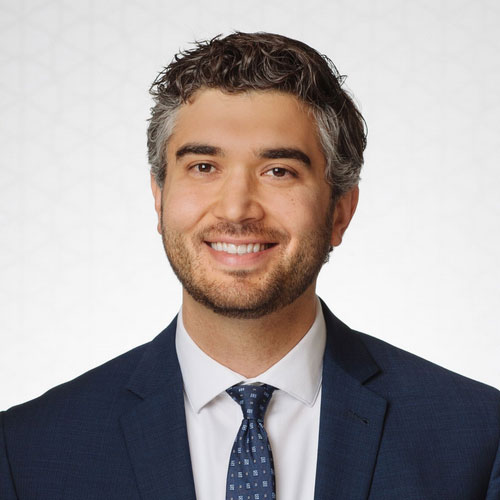Who Can Be Charged With Money Laundering in Wisconsin?
Money laundering is a serious criminal offense. While it is generally classified as a white collar crime that involves financial activities, it is often related to other types of offenses, such as drug trafficking. Because of this, those who are suspected of money laundering are likely to be investigated by law enforcement, and anyone who is involved in illegal transactions or activities may face criminal charges. It is important to understand the specifics of the offense of money laundering and the circumstances that can lead to a conviction. Those who have been accused of money laundering or related offenses can work with a criminal defense attorney to determine how to respond to these charges.
Understanding Money Laundering
Money laundering typically involves taking actions to conceal the source of money generated through criminal activity. Specifically, Wis. Stat. § 943.895 states that a person may be charged with money laundering if they receive money or anything else of value that they knew was acquired illegally, facilitate financial transactions that are meant to conceal the source of money, or otherwise receive, transfer, or conceal money that will be used to further criminal activity.
Money laundering typically involves three stages:
-
Placement - The proceeds of criminal activity are integrated into the financial system in some way. This may include receiving payments for goods or services that were never actually provided to a customer, gambling, or purchasing financial investments.
-
Layering - To make it harder to track money, multiple types of transactions or transfers may be made, such as transferring funds to bank accounts in other countries.
-
Integration - Money will be returned to the original person, appearing as if it was obtained legitimately. This may be done through the payment of wages or purchases of assets.
To be charged with money laundering, law enforcement typically needs to prove that the person was involved in financial transactions in which they knew that money or other assets were obtained unlwafully. However, specific knowledge of where the money was unlawfully obtained is not required for someone to be charged with money laundering. They only need to be aware that it was acquired through unlawful activity of some kind. Participation in any of the stages of money laundering could potentially lead to criminal charges.
People Who May Face Money Laundering Charges
There are multiple parties who may be investigated for their involvement in transactions related to money laundering, including:
-
Individuals involved in criminal activities - Anyone who participates in a criminal enterprise may be investigated for money laundering. For example, drug dealers may attempt to launder their illegal profits by funneling them through legitimate businesses. Those who are part of the drug dealing enterprise, such as suppliers, manufacturers, and middlemen, may also face charges of money laundering.
-
Business owners - People who own businesses may be charged with money laundering if they knowingly engage in transactions involving money obtained from unlawful activities. For example, if a business owner is aware that one of their customers is involved in unlawful activities and knowingly accepts payments from that person, they may be charged with money laundering, even if they do not know the specific nature of the unlawful activity.
-
Financial professionals - Accountants or other professionals who knowingly assist in the laundering of illicit funds may be charged with money laundering. These professionals may be accused of falsifying financial records or facilitating complex transactions to help hide the origins of funds.
-
Family members or associates - Even if these individuals are not directly involved in illegal activities, they may be charged with money laundering if they assist in the concealment of funds. For example, a spouse may help to purchase assets with illegal proceeds, or a friend may transfer money through an account in an attempt to avoid detection.
Contact Our Milwaukee Money Laundering Defense Lawyers
There are many scenarios that can lead to charges of money laundering, and multiple people may be accused of participating in illegal transactions. If you are being investigated for money laundering in Wisconsin, it is important to understand the specific charges you may face and your options for defense. At Gimbel, Reilly, Guerin & Brown, LLP, our Milwaukee white collar crime attorneys can advise you of your legal options in these situations, and we will work with you to create a solid defense strategy. Contact us at 414-271-1440 to schedule a consultation today.
Sources:
https://docs.legis.wisconsin.gov/statutes/statutes/943/iv/895
https://sanctionscanner.com/blog/three-elements-that-must-be-proven-in-a-money-laundering-case-409
https://sumsub.com/blog/3-stages-money-laundering/

 By
By 





